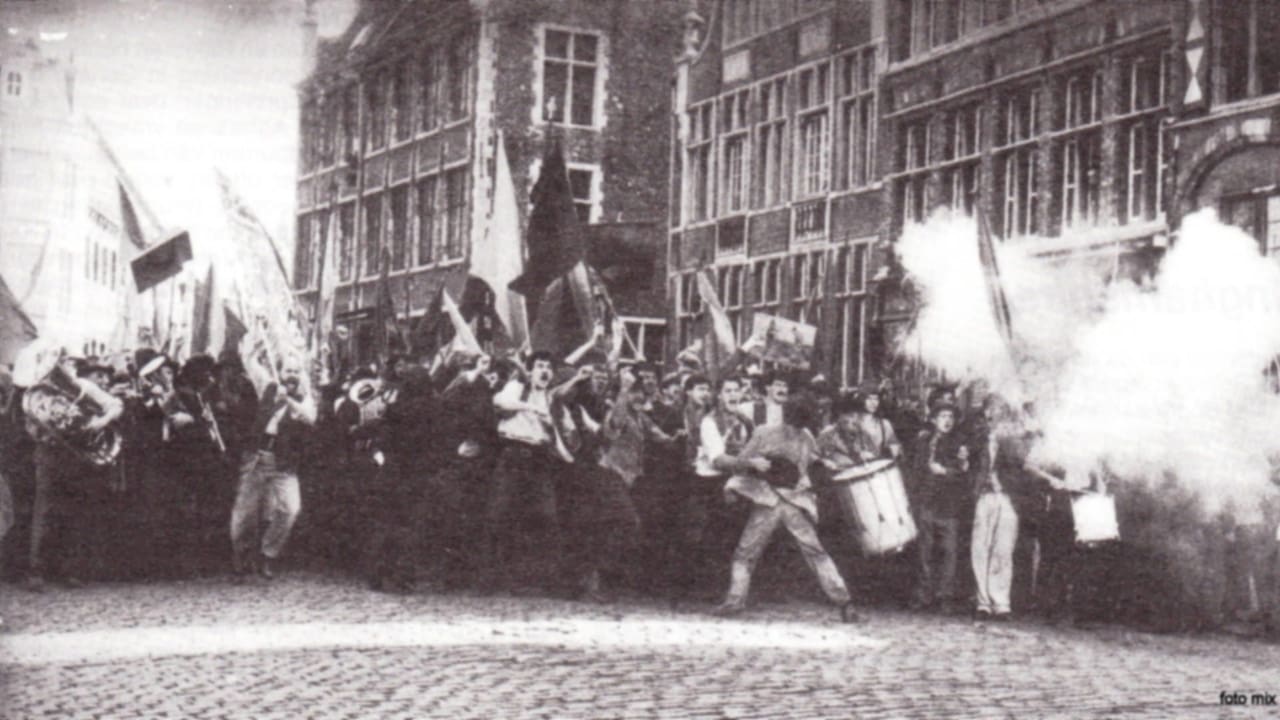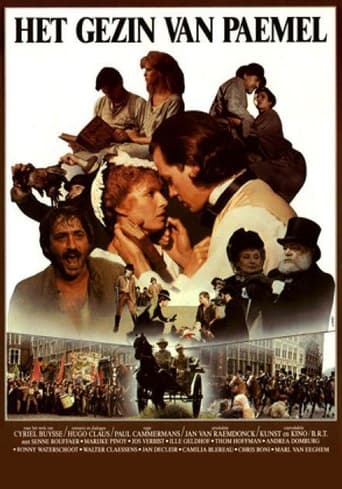



A Disappointing Continuation
It was OK. I don't see why everyone loves it so much. It wasn't very smart or deep or well-directed.
View MoreThis is a must-see and one of the best documentaries - and films - of this year.
View MoreThrough painfully honest and emotional moments, the movie becomes irresistibly relatable
View MoreThis is an impressive film from our neighbors in the south, about the eventual bankruptcy of the Van Paemel farmers family. In a sense the theme has a resemblance to "The Grapes of Wrath", although the dust bowl is replaced by social relations. The story is based on a play by the well-known Flanders writer Cyriel Buysse, who was a radical but certainly not a socialist. The script was adapted by the modern writer Hugo Claus, and takes place in Flanders at the end of the nineteenth century. Van Paemel rents his fields and house from the baron, a man with little conscience. The film starts with a hunting-party. The barons' son Maurice dislikes shooting animals, fires at random, and hits Van Paemels son Dees. Dees is wounded in the stomach, and gets disabled. The baron gives him a golden Louis (a coin), and sends him home. Dees will remain in permanent pain. In the meantime the proletariat in the local town strikes against the poor working conditions. Another son of Van Paemel, Eduard, is one of the strike leaders (and therefore labeled "communist" by the baron). At the same time a third son Kamiel is mobilized into the army, which should disperse the strikers. In a violent clash, 26 strikers are killed. Kamiel refuses to shoot people, deserts the army, and flies to America. Eduard is imprisoned. Although the business relation between Van Paemel and the baron date of old, the baron raises the rent, arguing that she is below the ruling price (i.e. he has got a better offer). Also the baron wants to engage Romanie, one of Van Paemels daughters, as a servant. Van Paemel is desperate: he can not pay the extra rent, and needs Romanie at the farm. However, since obedience is his middle name, and work-work-work his first, he caves in to the demands. Romanie in fact doesn't want to become a farmer, and is in love with Maurice (even though he is already affianced to a wealthy lady). Not surprisingly she gets pregnant from the guy, who is a weak person and afterwards naturally refuses to marry her. The baron proposes Romanie to marry his gardener, but she declines his offer. After his release from prison Eduard also migrates to America. Van Paemel fails, his furniture is sold by the usher, and he is evicted. On the day of Maurices wedding (with the rich lady), the wife of Van Paemel dies due to a heart attack. It can not be denied, that the barons actions have expedited her death. Dees takes a gun, and shoots Maurice at the stairs of the church. Muarice dies with a smirk on his face. "Soms moet je het geluk helpen", says Dees (Sometimes you must help good luck, which contains not a syllable of Chinese), and gives back the Louis. It is a heartbreaking story, which clearly portrays the inhuman behavior of the then elite. Of course one can modify the hardships: Van Paemel may have been a poor farmer, and was perhaps more suited for another job. Romanie knew what she was doing, and afterwards got another job through the parish priest. The murder of Maurice may have been intended as a not quite justified ridicule of revolutionary socialism. Let us say it like this: the events showed undeniably a total lack of management of human resources. In fact many Flanders writers of that time describe a gloomy picture of the social conditions. In the nineteenth century Belgium was one of the most advanced industrial nations, in mining and textile industry. Therefore the proletariat was hit especially hard by the early Manchester capitalism. Recalling that in addition the horrid first Warld War was fought to some degree on Belgian soil, one has to sympathize with this ravaged people. If you were moved by "The grapes of wrath" or "Novecento", and want more, this film is highly recommended.
View MoreThis film is a good Belgian film with wonderful actors like *Marijke Pinoy, Senne Roufaer, Thom Hoffman, Jan Decleir... names were the most Belgian people have heard about. It has something of 'De Boerenpsalm' but for the Flemings it is a beautiful film but for the other foreign people it isn't worth seeing.A Belgian movie with a lot of beautiful actors!8/10.
View More